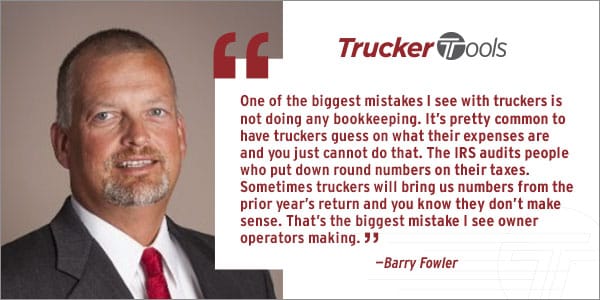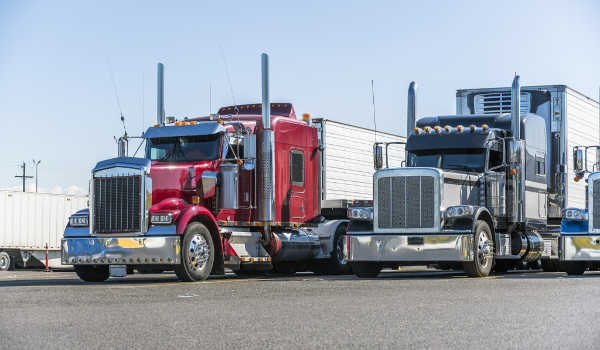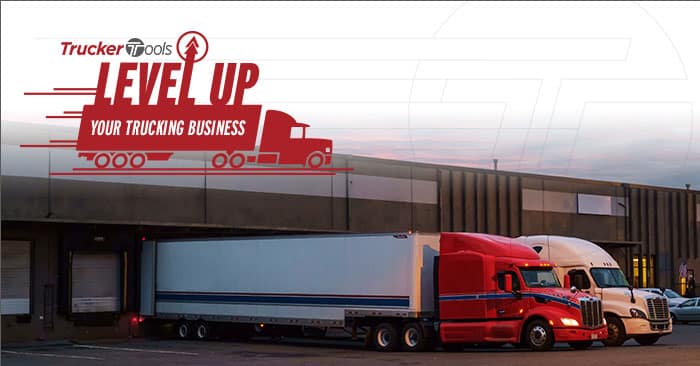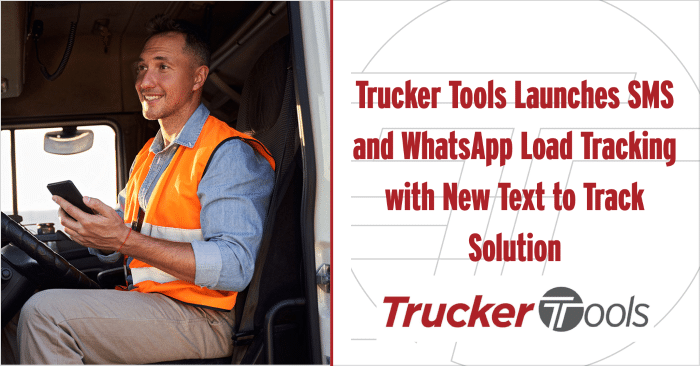In this Level Up Your Trucking Business blog series, we’re providing you with tips and best practices for running an owner operator business that is profitable and self-sustaining. We recently spoke with Barry Fowler, president and founder of Trucker Tax Tools, to learn more about some of the most common financial mistakes that owner operators make with bookkeeping, taxes and financial planning. Barry and his wife, who manages the bookkeeping department of the business, have been working with truckers and carriers for the last 20+ years. With their main office in Houston, Truck Tax Tools has 45 locations across the country that provide owner operators and carriers with hands-on help with financial matters.
When we interviewed Barry, we asked him about the most common mistakes that owner operators make with their income taxes, which we share here in the hope that you avoid them!
1. Estimating Expenses, Investments, Earnings
and Other Reported Figures
“One of the biggest mistakes I see with truckers is not doing any bookkeeping,” said Barry. “It’s pretty common to have truckers guess on what their expenses are and you just cannot do that. The IRS audits people who put down round numbers on their taxes. Sometimes truckers will bring us numbers from the prior year’s return and you know they don’t make sense. That’s the biggest mistake I see owner operators making.”
“One of the biggest mistakes I see with truckers is not doing any bookkeeping,” said Barry. “It’s pretty common to have truckers guess on what their expenses are and you just cannot do that. The IRS audits people who put down round numbers on their taxes. Sometimes truckers will bring us numbers from the prior year’s return and you know they don’t make sense. That’s the biggest mistake I see owner operators making.”
The IRS uses an automated system to select returns for close examination and rounded numbers are red flags that indicate that your return may be inaccurate. That’s why it’s important to use exact amounts on your returns, including on your reported income, investment income, expenses, charitable donations and itemized deductions.

2. Not Filing Income Taxes
Not filing your taxes or neglecting to file for an extension is up to 10 times more expensive than not paying your taxes on time. Even if you’re worried about owing the IRS money, it makes good financial sense to file your income taxes every year. The penalty for not filing taxes usually is five percent of the tax you owe for each month or part of a month that your return is late. The max failure to file penalty is 25 percent. On top of the failure to file penalty, you’ll be charged interest on your unpaid taxes.
“A lot of truckers come to me because they haven’t filed income taxes in three, four, five or seven years,” reported Barry. “Then we have to go back and actually prepare and file the returns for them. For other people, it’s that they’ve gotten audited or maybe they did file the return, but it’s just too much money to pay. Some independent owner operators out there get done with their returns for their first or second year in business and owe $20,000 because they didn’t pay estimated tax payments. Nobody prepared them for being in business and actually making money and maybe they didn’t have anyone to turn to for advice. So we go in and have to figure out how to best solve their problem.”
“A lot of truckers come to me because they haven’t filed income taxes in three, four, five or seven years,” reported Barry. “Then we have to go back and actually prepare and file the returns for them. For other people, it’s that they’ve gotten audited or maybe they did file the return, but it’s just too much money to pay. Some independent owner operators out there get done with their returns for their first or second year in business and owe $20,000 because they didn’t pay estimated tax payments. Nobody prepared them for being in business and actually making money and maybe they didn’t have anyone to turn to for advice. So we go in and have to figure out how to best solve their problem.”
3. Forgetting To File and Pay 2290 Heavy Highway
Vehicle Use Tax
“We had one trucker recently who didn’t know that he had to file and pay the 2290 Heavy Highway Vehicle Use Tax, so he had to do that for four or five years because we didn’t know that he hadn’t done it, either,” Barry advised. “You have to file 2290 taxes every year to report what trucks you have. We don’t do 2290 taxes. We either send them out to OOIDA or one of our affiliates out there. The trucker made quite a bit of money and pulled a lot of money out of retirement to start his business, but didn’t pay any tax on it, either. He ended up owing the IRS over $130,000.”
Anyone who registers a heavy highway motor vehicle in their name with a taxable gross weight of 55,000 pounds or more must file Form 2290, Heavy Highway Vehicle Use Tax Return with the IRS and pay any tax due. In most cases, you can file a 2290 online. According to Barry, Trucker Tax Solutions was able to settle the tax debt for the trucker mentioned above for $1,300. Barry told us that it was a huge weight off the trucker’s shoulders and it’s something that Trucker Tax Solutions does every day for the truckers who come to the company with tax problems.

4. Using an Accountant Who Doesn’t Know the
Trucking Industry
“Using an accountant who doesn’t know anything about trucking can really hurt an owner operator,” said Barry. “It’s amazing to see that why someone got audited is because they just used the settlement statement that someone got from their trucking company and it doesn’t match their 1099, or they didn’t take per diems the right way. All of those things add up to major mistakes for the truckers and that can cost you a lot of money or it ends up where it’ll cost you even more because the IRS is going to come back and adjust your return and you’ll owe more and you have no support.”
Trucker Tax Tools’ services include bookkeeping, income taxes, financial planning and IRS resolution, which means you’ll get support during an IRS audit. Barry told us that as a client of Trucker Tax Solutions, you’ll get help dealing with the IRS if you owe money. The company will help you figure out if you can just go back in and fix the problem, if you can settle for less than you owe or if you need to do an installment agreement or penalty abatements.
To learn more about Trucker Tax Tools, visit https://truckertaxtools.com.
Read Level Up Your Trucking Business: How Prioritizing Digital Load Tracking Can Make You a Preferred Truck Driver with Brokers to learn how your approach to digital load tracking can impact your relationships with brokers and your profit margins.
To download Trucker Tools’ free driver app, visit https://www.truckertools.com/carriers/.






